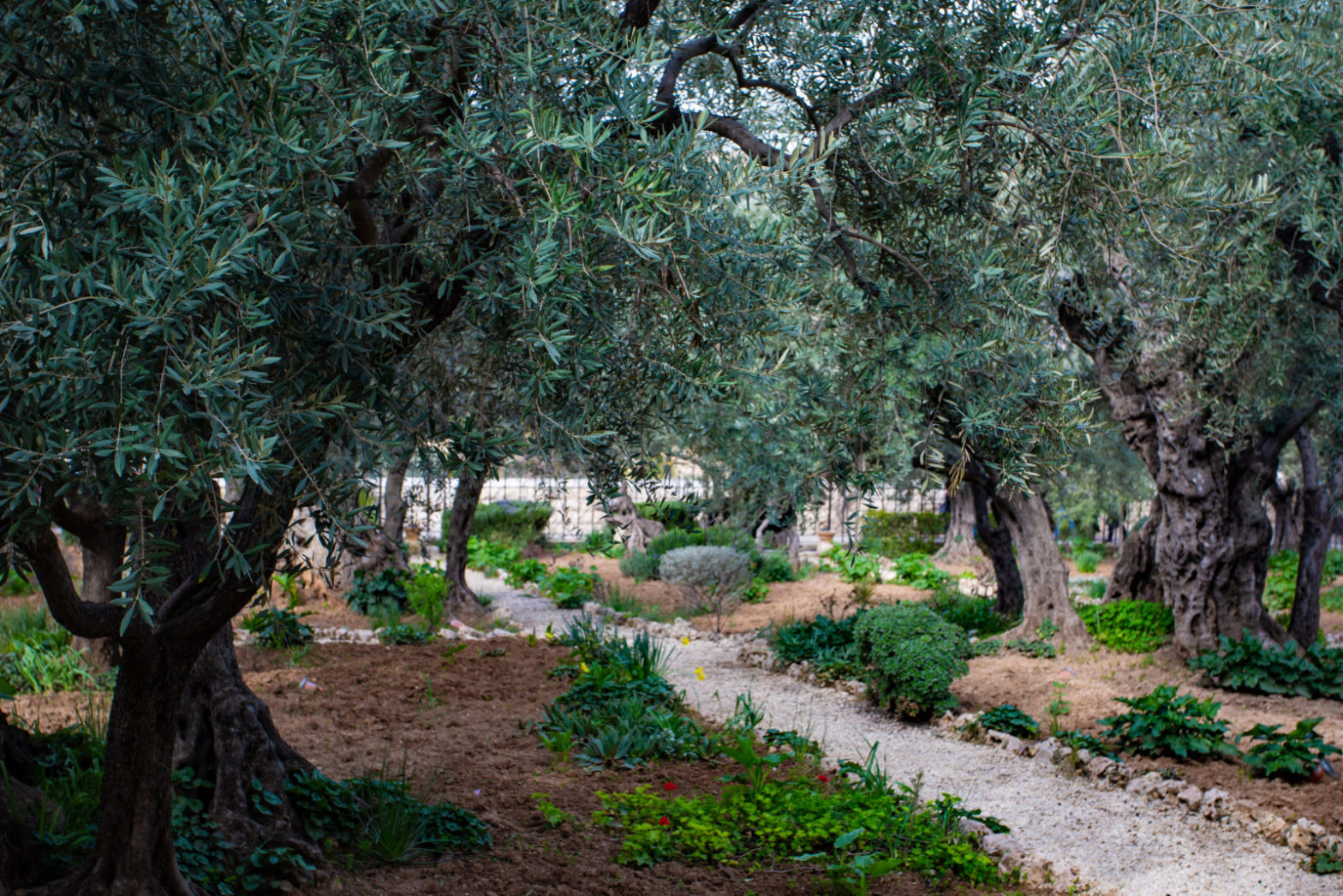- Go with God
- Hold on
- Back to the beginning
- Considering others
- What is the world coming to?
- No justice, no peace
- A necessary intermission
- God help us
- Ripe fruit
- One more time
- Beware jealously
- Trusting God with our whole life
- The power of forgiveness
- Ask Jesus
- Don’t take the bait
- Be righteous
- Enough to start
- Yield
- Mercy
- Is anything happening?
- As we go
- An open heart
- Faith in action
- Reject rejection
- God is our dad
- Loving our enemies
- Let’s go
- Trial by fire
- Active patience
- Right this way
- Finally
By, Isam Itson III
Matthew 13:23 – “As for what was sown on good soil, this is the one who hears the word (of the kingdom) and understands it.”
I enjoy seeing a well tended garden, and I have the utmost respect for independent family farmers. I have even worked with family members and friends in their gardens and on their farms. But, I am not a farmer. I am not even a gardener. I do not enjoy “working on the land.”
I have learned one thing over the years though. Good soil does not happen by accident. It takes a lot of time, energy, and attention to keep soil productive year in and year out. The potting soil my wife buys for her flower beds is full of dead plant material. Our neighbors who practice composting fill their compost pile with their waste vegetable matter from their kitchen, manure from chickens, and even add waste wood and paper to sustain the life of the microorganisms that eat and break down the plant matter in their compost pile. People have even turned some toxic industrial waste sites into healthy and fertile urban farm plots by patiently building compost over contaminated sites.
In the story that Jesus is explaining in this passage, it is understood by his audience that good soil is soil that has already been prepared and worked by the farmer. Good soil is full of old plant material. It is well watered and loosened to receive and nourish the seeds the farming is spreading. The seed in this story is the word of the kingdom of God.
How does God enrich the soil of our hearts? He allows us to experience the consequences of our self centered efforts to pursue life by our own wisdom and strength. He allows us to experience our inability to maintain control over the outcomes in our own lives and the lives of our loved ones. He allows us to suffer tragedy and disaster in spite of our best efforts to keep ourselves free from heartache.
When we finally give up on our own efforts, then we are ready to allow God to begin working on us. He breaks our hard hearts and turns over the dead undergrowth of our futile efforts. Over time the wisdom of his word and the love of his Spirit turns our former shame and pain into a vessel for the fulfillment of God’s glorious and distinct purpose for us.
In the words of Isaiah the prophet in Isaiah 61:3, God gives us the oil of gladness instead of mourning, and a beautiful headdress in exchange for our ashes. And we become oaks of righteousness and the planting of the Lord. But for this great and glorious transformation to take place in our lives, we must patiently and surrender to the work of God’s Spirit in our hearts.
Then God plants his word in our hearts. The word of the kingdom of God reveals our need for salvation from sin and an intimate relationship with our sovereign God. Followers of Jesus Christ understand and accept their absolute and unending dependence upon God and their need for relationship to one another, through Jesus Christ. As we read the rest of the parables in Matthew 13, we realize that embracing this truth is worth more than any material or social value our culture can give us.
Whatever we have to give up to gain Christ, is worth it. Nothing can be compared to the love of God that is offered to us in Jesus Christ. If Jesus is not worth everything to us, then He is worth nothing to us.
The exclusive claim of God as our sole source of life, love and wisdom is a bitter pill to our sense of self sufficiency and pride of place in life. It deals a fatal blow to any aspect of our personal identity beyond “child and servant of God”. We hate the fact that embracing our fundamental weakness is absolutely necessary for our relationship with God to be fruitful and nourishing to those around us.
We have to be honest with ourselves. We have to admit that we want to define life and God on our terms. Only then can we humble ourselves and accept the fact that God defines and sustains life on his terms. Apart from God working in our lives to reveal our inherent powerlessness, the word of his love and purpose for our lives is meaningless.
In response
1. Thank God that even when we are at our worst Jesus Christ offered on the cross is the measure of God’s love for us.
2. Thank God that nothing can separate us from the love of God that is in Christ Jesus.
3. Trust that what God provides is sufficient for the fulfillment of His purpose for our life, today.

